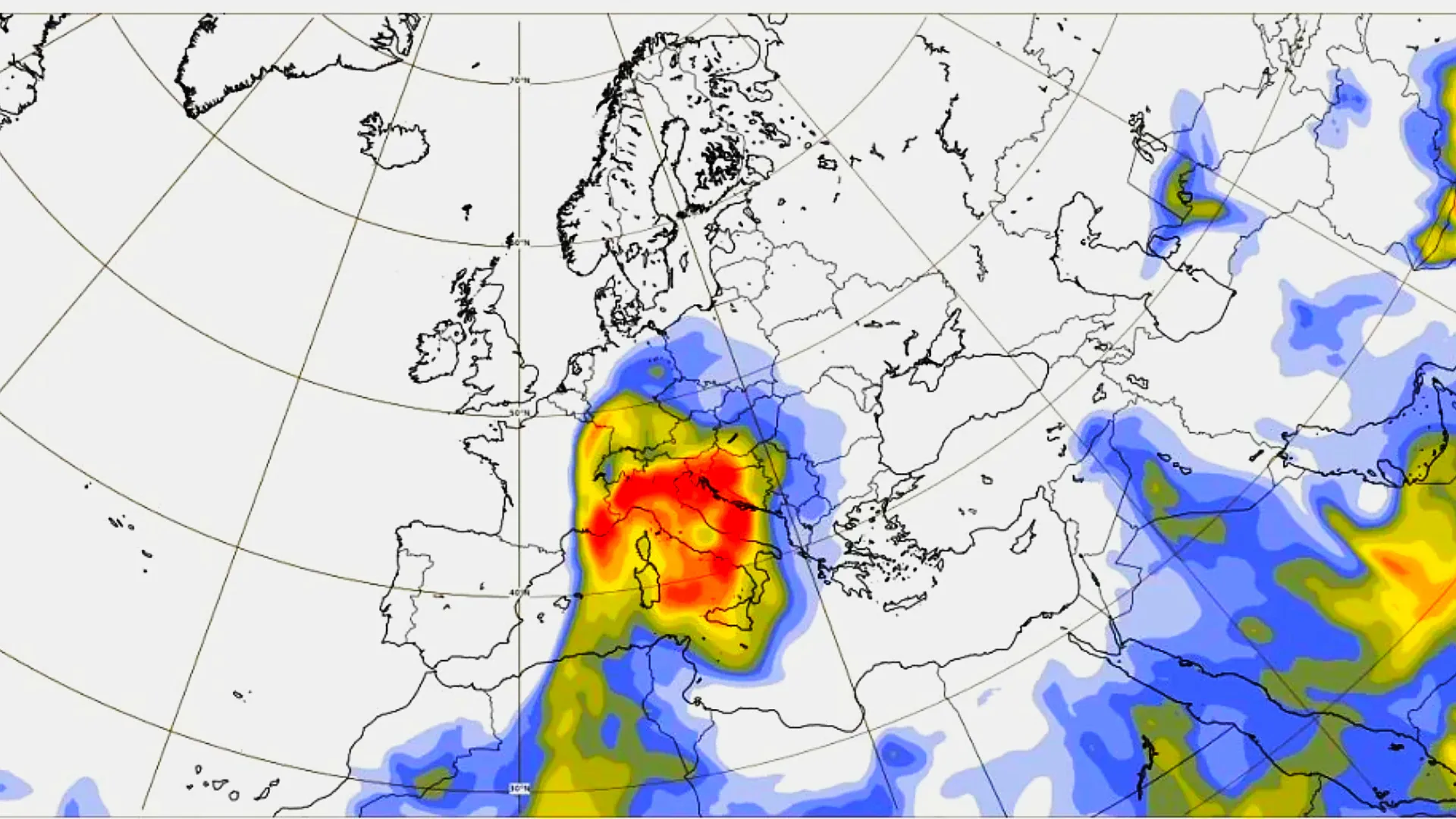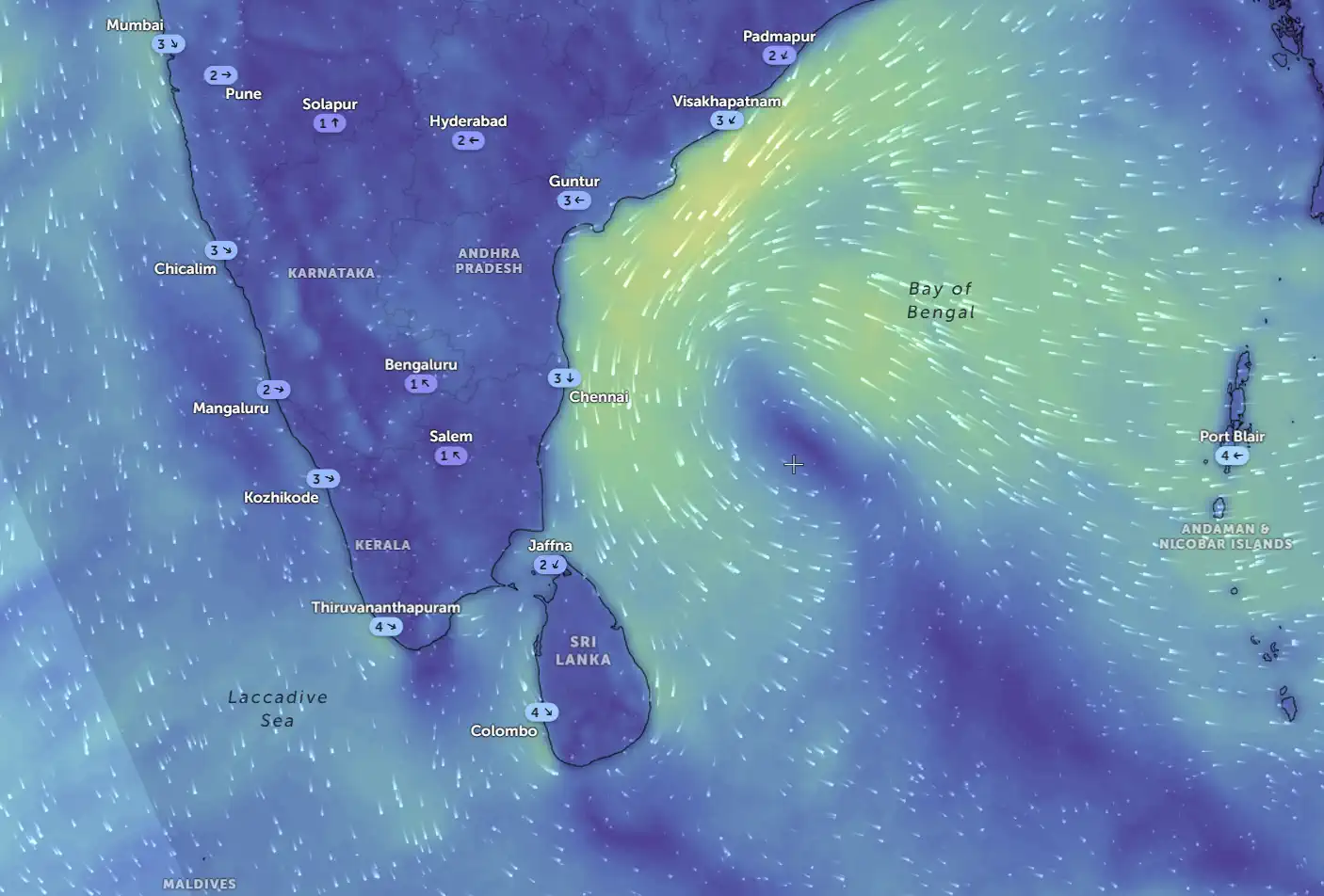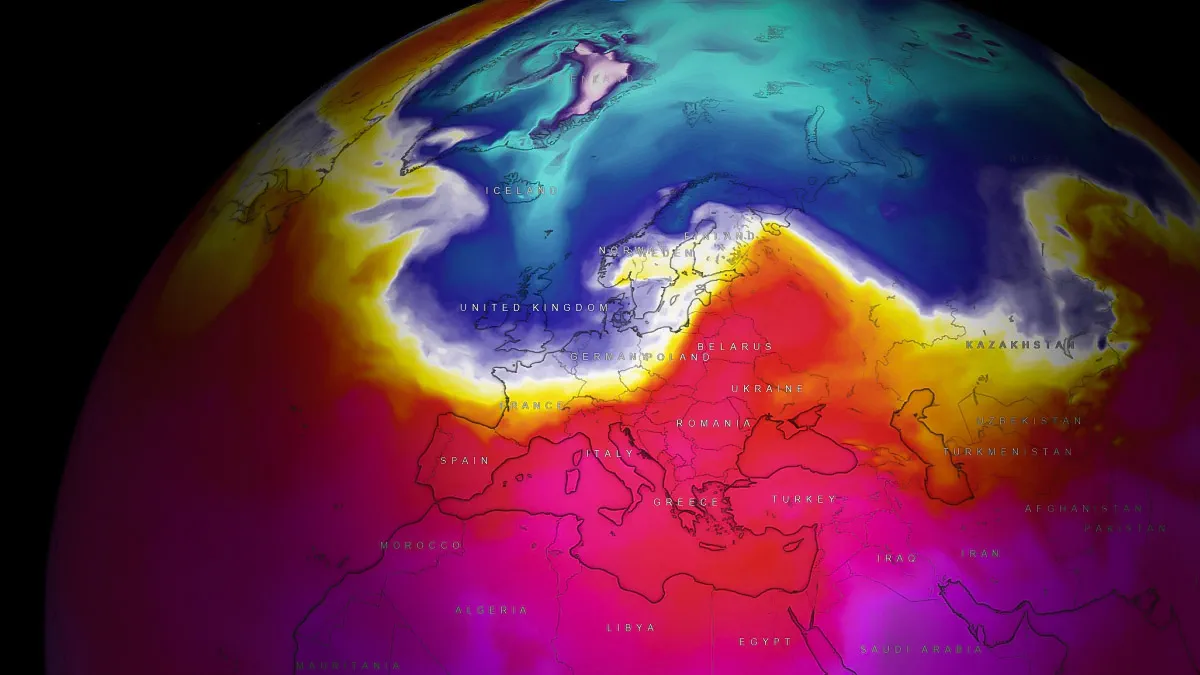
Sahara dust Blankets Central Europe, Affecting Air Quality in Italy, Slovenia, and Croatia
A vast cloud of dust originating from the Sahara Desert has swept across Central Europe, significantly impacting air quality in several countries. The phenomenon, reported on Friday, June 21st, 2024, has caused hazy skies and respiratory discomfort in regions of Italy, Slovenia, and Croatia.
Long Journey, Big Impact:
The dust cloud traveled a considerable distance from the arid expanses of the Sahara before reaching Central Europe. This dust transport is not uncommon; however, the current event appears to be particularly significant in terms of the dust's concentration and geographic reach.
Air Quality Concerns:
The fine dust particles can irritate the respiratory system, particularly for those with pre-existing conditions like asthma or allergies. Public health authorities in the affected regions are advising people, especially vulnerable populations, to limit strenuous outdoor activity and consider wearing masks when venturing outside.
Monitoring and Mitigation:
Environmental agencies in the impacted countries are closely monitoring air quality levels. While the dust cloud is expected to dissipate naturally within the next few days, people are encouraged to stay informed about air quality updates.
Not the First, Not the Last:
Saharan dust storms are a recurring phenomenon, and their frequency and intensity may be influenced by factors like climate change and desertification. Scientists are studying the long-term implications of these dust events on human health, ecosystems, and weather patterns.
A Global Phenomenon with Local Effects:
This event serves as a reminder of the interconnectedness of our planet's weather systems. Dust storms originating in distant regions can have a tangible impact on air quality and public health thousands of kilometers away.
For further details and air quality updates in the affected regions, please refer to the official websites of the respective environmental agencies in Italy, Slovenia, and Croatia.
Chief forecaster and ideologist of the weather forecast service Pogodnik. Co-author of scientific articles and specialized content for various online media.




